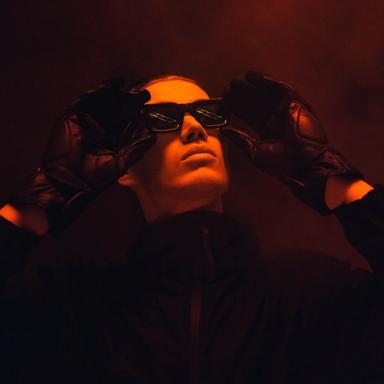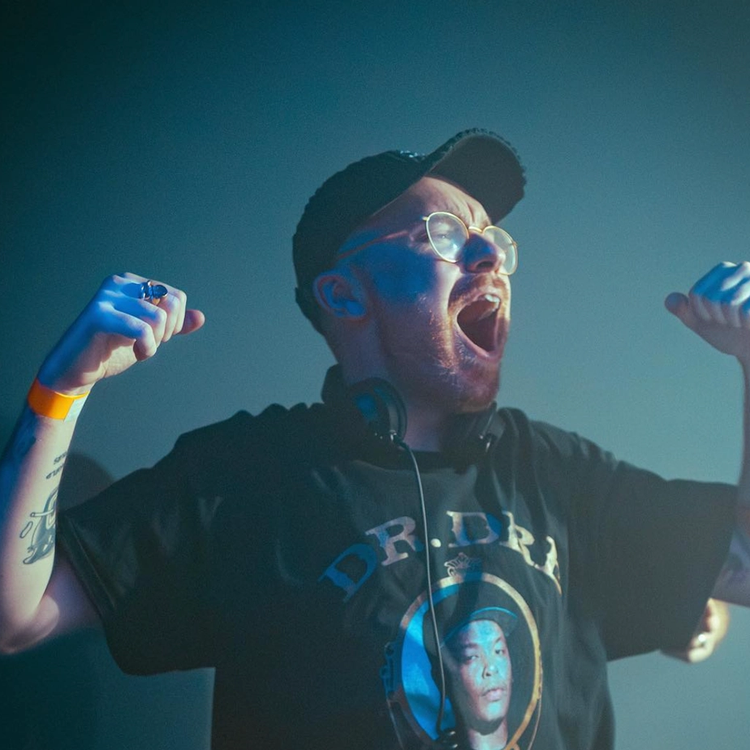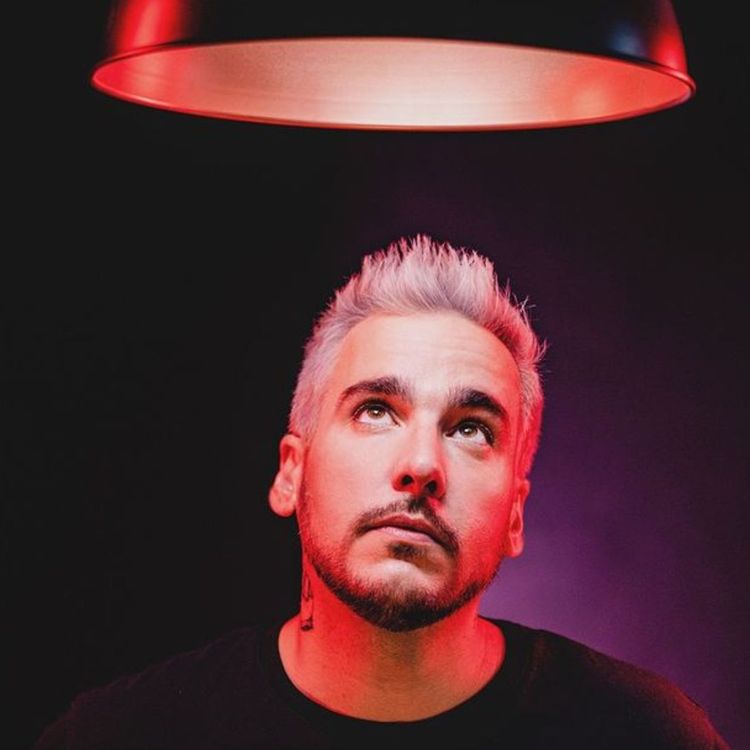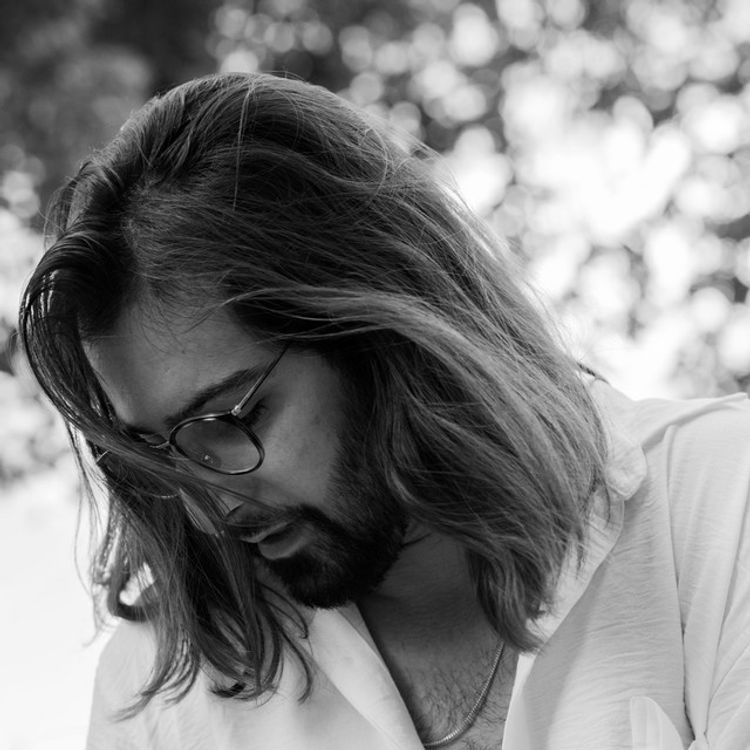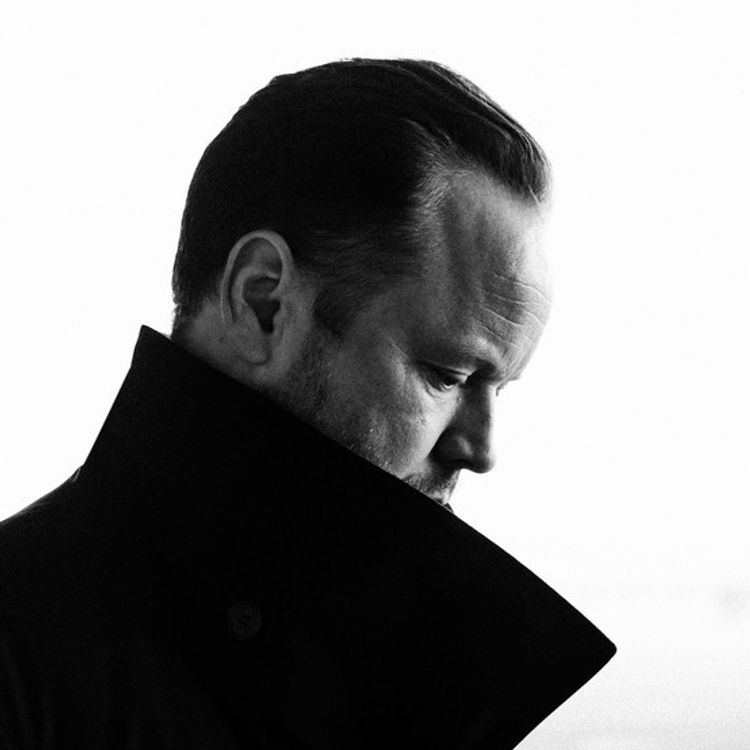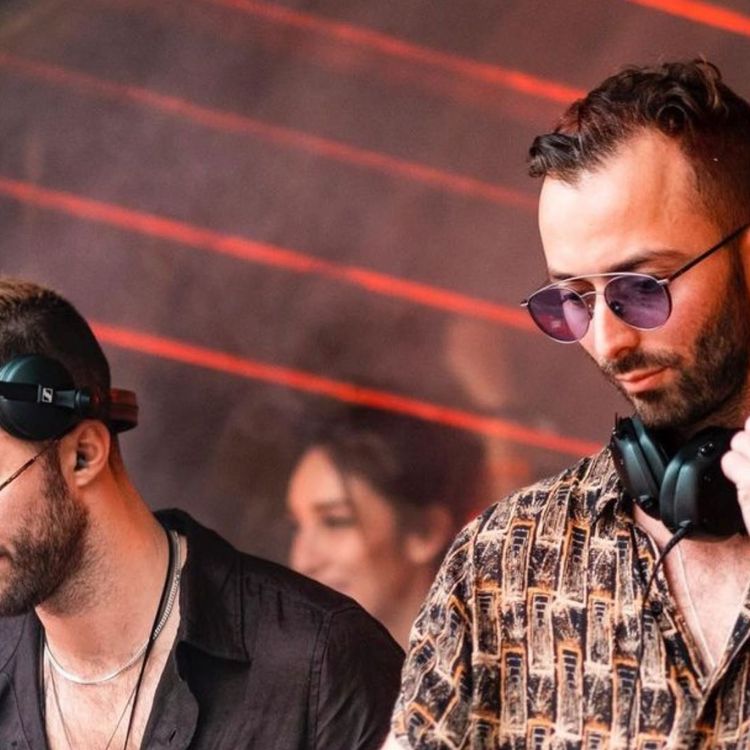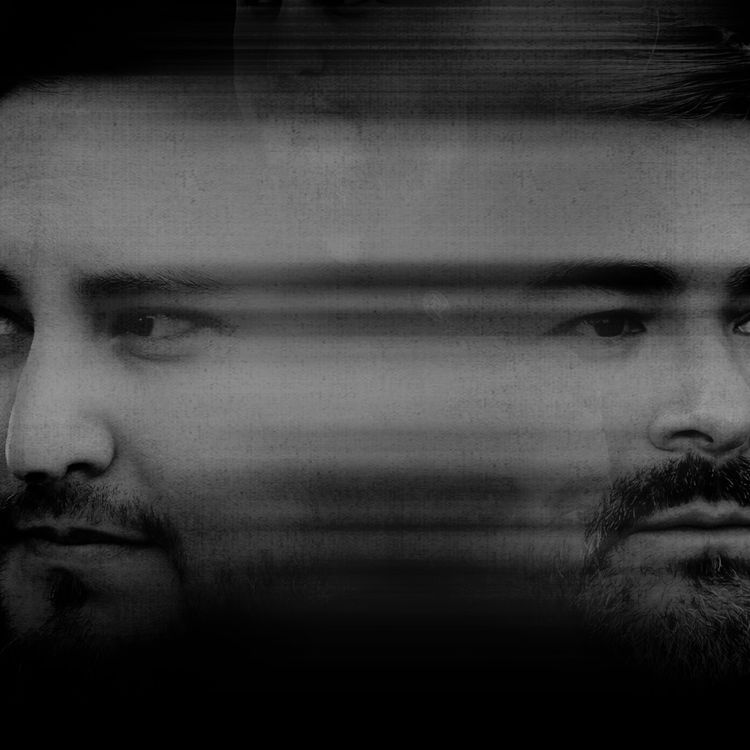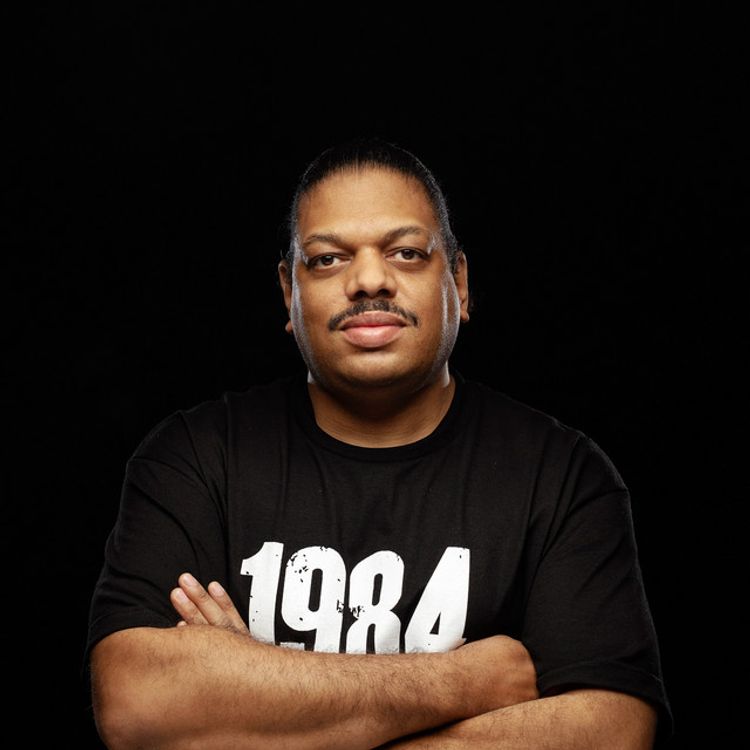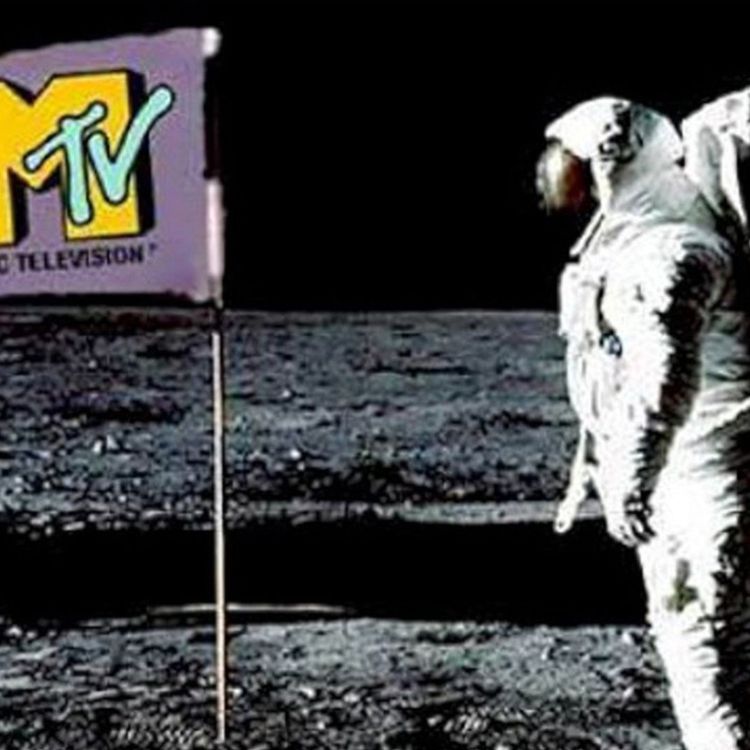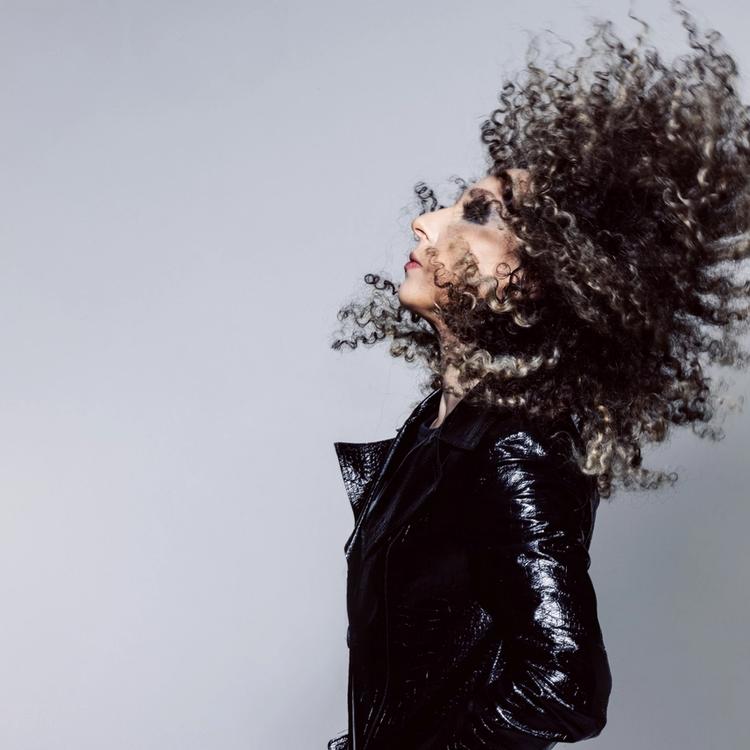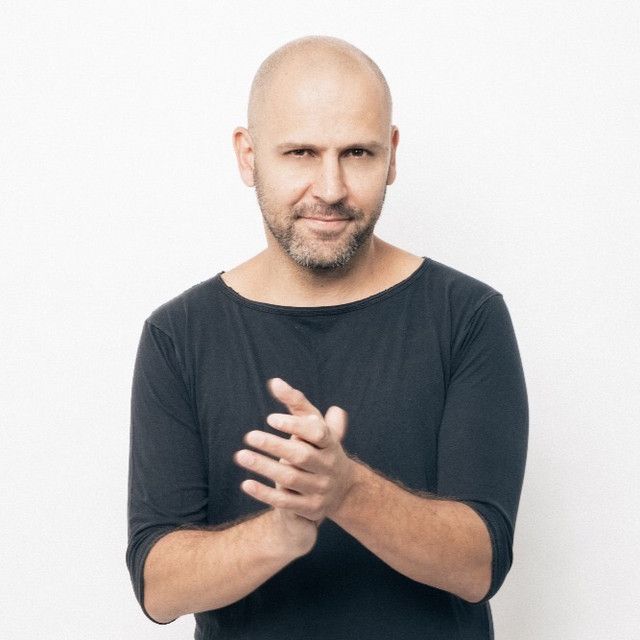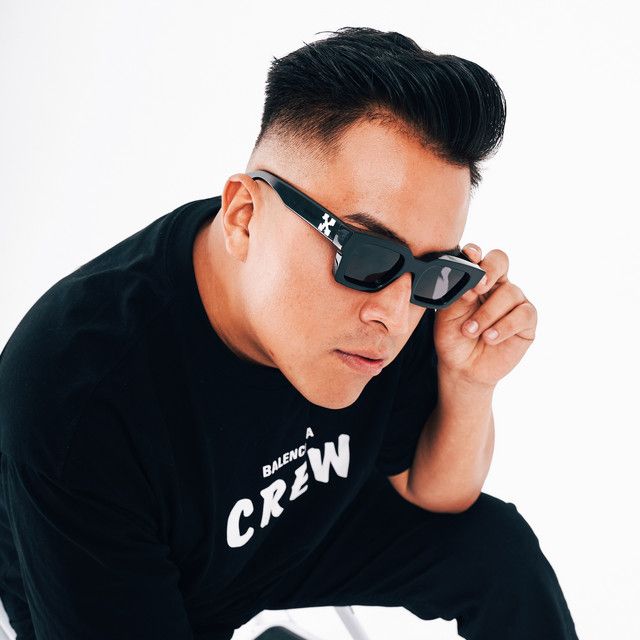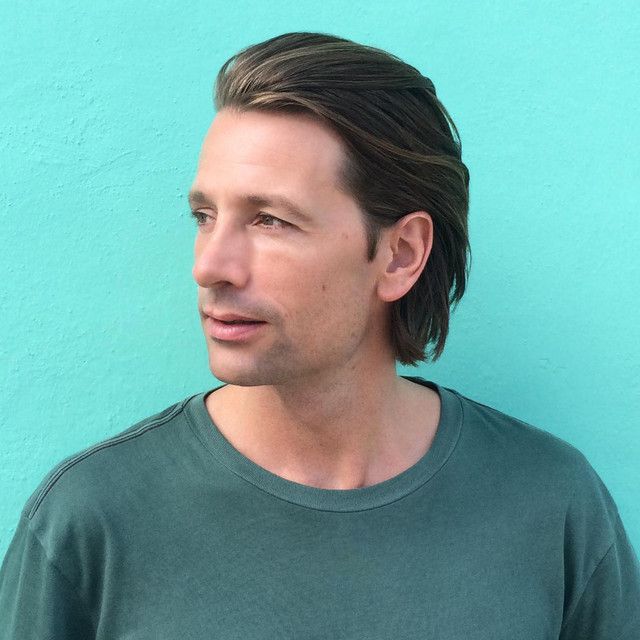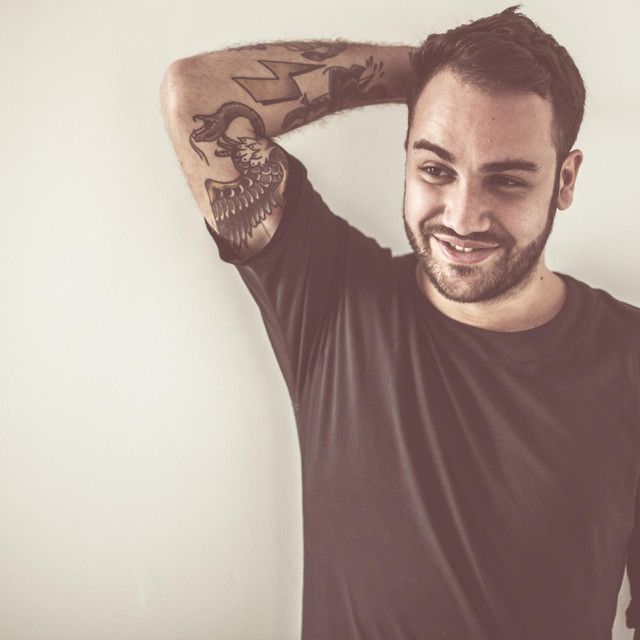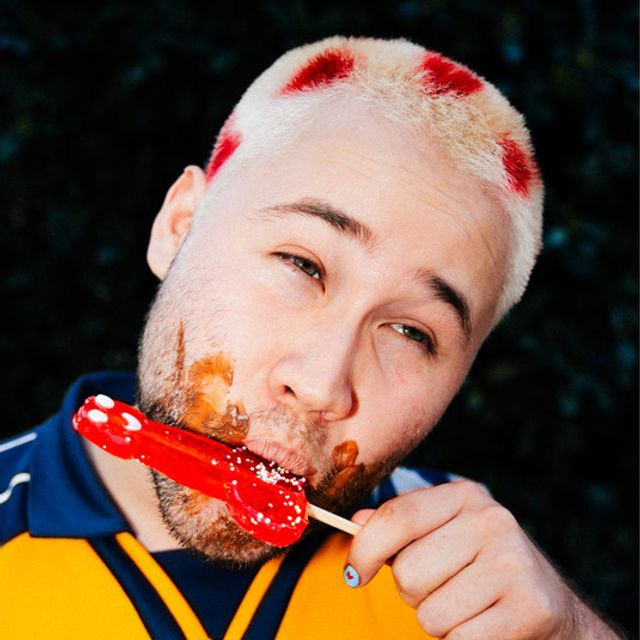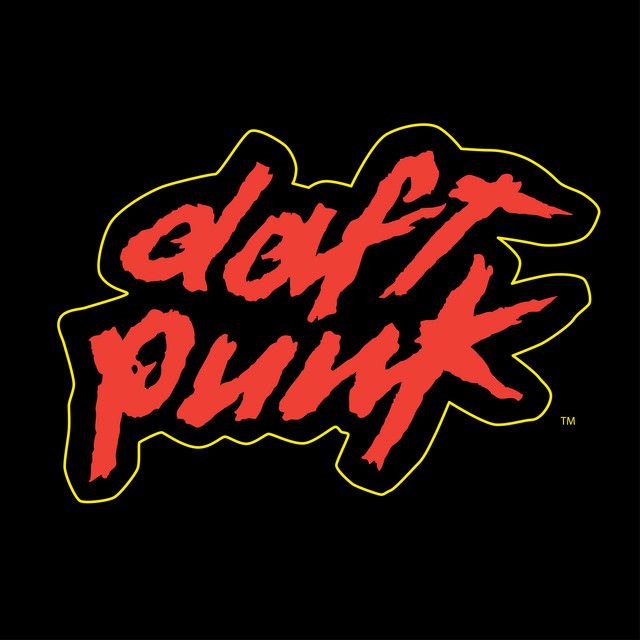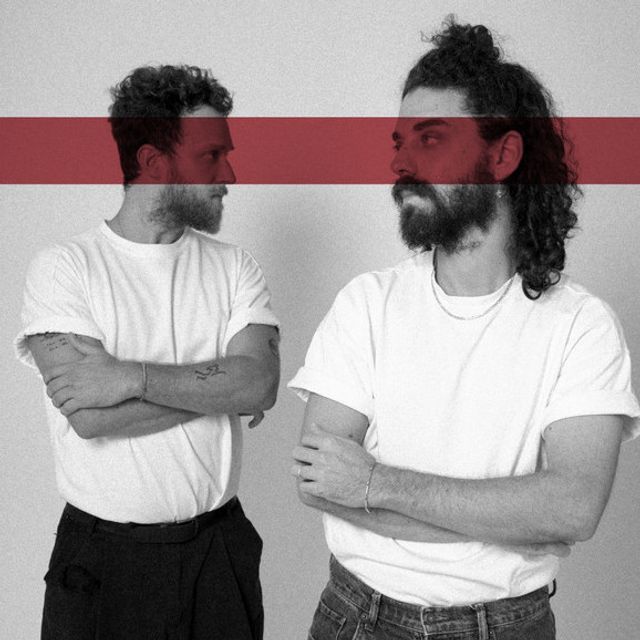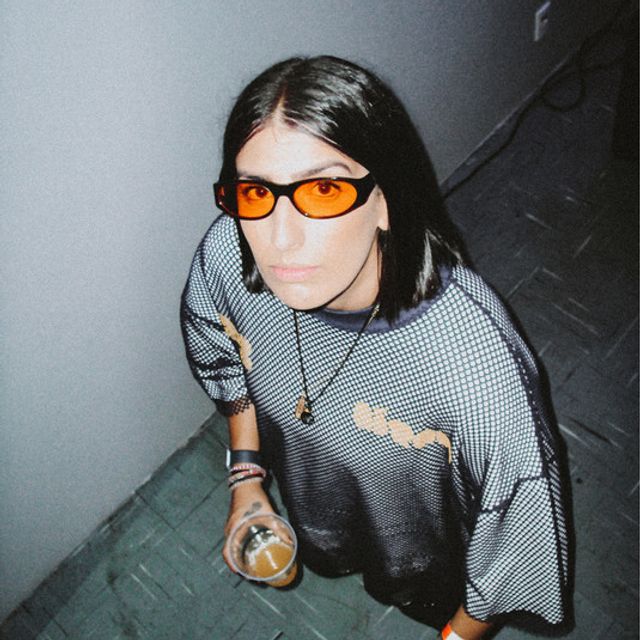Artist Spotlight
No matter the pursuit, one big break can change your life. One book published, one catch made, or one job acquired, and your life can change in a second.
“I’ve been doing music for so long, and I always had this feeling that I needed to somehow turn the universe and get it on my side. I always knew I’m working hard, I have musical talent, at least that’s what I like to believe,” Maurits Westveen laughs.
“This is my passion, and it just always felt like it wasn’t really organic yet," he continues. "I really had to struggle to get the right numbers and hit the right spots. Before it was like I was in a dark room going around with a small flashlight, and now it’s like I turned all the lights on in the place.”
For Maurits, that light switch, that life-changing moment, came when he officially released his debut single as Mau P, “Drugs From Amsterdam.” Within one month of official release, the ground-shaking tech house tune racked up tens of millions of streams, elevating the name Mau P from hungry newcomer to in-demand breakout artist.
One might wonder, can someone who’s only released a single track have that much time and effort invested in their craft? Of course, the answer could be a resounding “yes” for anyone with a single release, but Mau P is not some random garage band producer who got lucky or paid for big branding. On the contrary, he had been a force in dance music for the better part of a decade under the alias Maurice West.
As Maurice West, Westveen explored every corner of his first love in dance music: big room house. This love started in his formative years in his hometown of Amsterdam.
“When I was fourteen dance music was so big, [it was] the biggest genre in the world,” Maurits recalls.
“I think I got into dance music when the Tomorrowland and Ultra after movies were the thing. You were cool if you knew about the after-movies. During high school, we were watching the after movies like, ‘Oh yeah we should go one day when we turn 18.’”
But then he stops and fondly remembers, “No, I think I even got into dance music before that when Swedish House Mafia used to do the compilation albums. They still made stuff that sounded like early progressive house like ‘Leave The World Behind,’ and those kinds of tracks. That was one of the first songs that really gave me that feeling like, ‘What is this euphoria that comes from this three-minute song?’ I feel like ‘Leave The World Behind’ was still simple, it has the vocal, the piano, the big drop, but it sounded to me like if I spent some time, I could make something similar. Of course, I was wrong. Making music is so hard with mixing and everything.”
That motivation proved unwavering. At fourteen, Maurits spent a year learning the ins and outs of the sounds that inspired him. Fueled by a fascination with boundary-breaking sounds and pipedreams of dance music’s biggest stages, Maurits poured himself into producing.
“It took me a year to make a song that I thought of myself. It was just like how do I make this sound like Wolfgang Gartner has? I was a big Wolfgang Gartner, Madeon, Porter Robinson fan.”
Mauritz diligently worked, and his unrelenting pursuit began to bear fruit in time. Collaborations and sign-offs from industry leaders like Hardwell, W&W, and KSHMR affirmed that the young up-and-comer was indeed on the right track. He even found himself making those festival pipe dreams a reality while playing the main stages of Tomorrowland and Ultra.
He thinks back the sounds that brought him there, saying, “I was always making big room because that was the music I really love to produce. For me it always had this rave feel to it, or I always tried to incorporate like '90s kind of stuff or acid kind of stuff.”
But as Maurits matured through his teens to his 20s, his taste in music began to evolve.
“At the end of high school, I was into techno as well. That was just the cool thing to do in Holland,” he shares. “That’s the first kind of festival I went to when I was 17 or 18 in Holland, like Awakenings. It was more techno, and then after it was more housey. So that’s what all of my friends like, and what everyone in Holland liked.”
As the big room sounds of Maurice West continued to grow publicly, Maurits grew his library privately. Finally, when COVID halted live shows, the opportunity to further explore these developing tastes presented itself.
“When it was allowed again, there were all these house parties, there weren’t really organized club or festival parties yet. It was me and my friends playing house music, and it was actually people that I taught how to DJ,” Westveen reveals.
“Over the years they became better than me because they play all these clubs in Amsterdam where they just have to entertain the people that go to the club and make them stay the longest and buy drinks. And I’m just put in front of a crowd [at festivals], you play one hour, play all your Maurice West tracks, then you’re done… The student became the teacher,” he laughs.
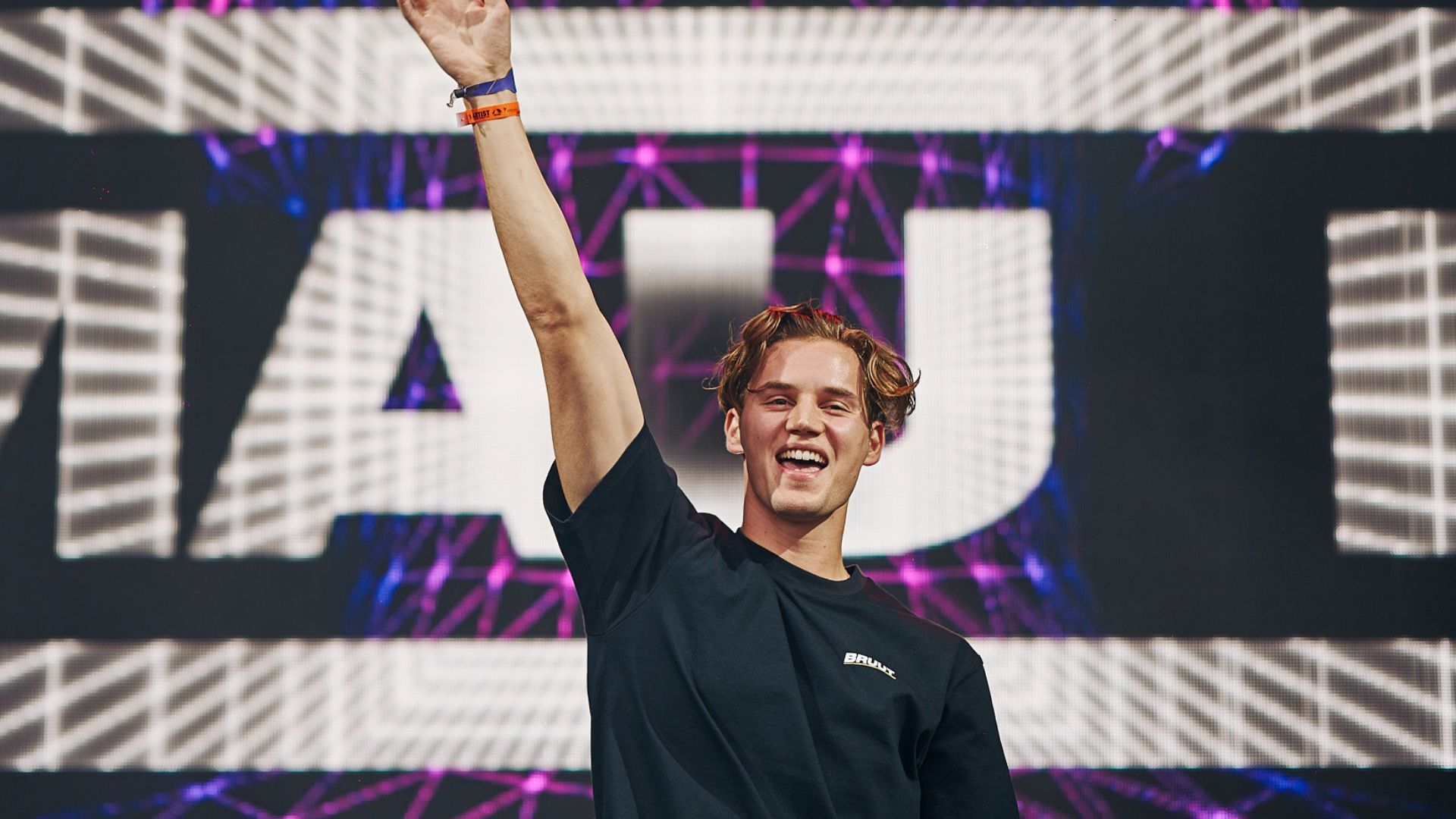
Mau P at Ushuaia for David Guetta
“Now I’ve learned a lot from them and I found a new love for DJing because it’s a different approach.”
Armed with a new outlook on music, Mauritz took this new approach and new energy into the studio.
“I love the big room sound, but at one point I just didn’t feel like I could contribute anything new to the sound in some way,” he admits.
“I used to always be able to figure out the puzzle and be like hey this is new, this is fresh, this is something new for the whole genre, at least there’s one thing in this song that’s going to be pushing boundaries and pushing the culture forward in some way. So then I started producing deeper stuff.”
Maurits was following his heart, following the sounds that spoke to him and captured his interest. But as COVID restrictions were lifted and live shows returned, a chasm began to form.
“I was doing shows as Maurice West but had found a new love for playing house and techno. So people were booking me still for Maurice West, and when I’d show up I was just playing really underground stuff,” he chuckles.
“People were feeling the vibe, but it was difficult for promoters to pinpoint, ‘Hey we’re booking this, but this is what we’re getting.’”
Mauritz needed to make a decision for the sake of his career. Would he continue with Maurice West and struggle through rebranding his first love, the product of years of hard-fought trial and error? Or would he start anew and launch a new chapter in his up-and-coming story? After careful consideration, Mau P was born.
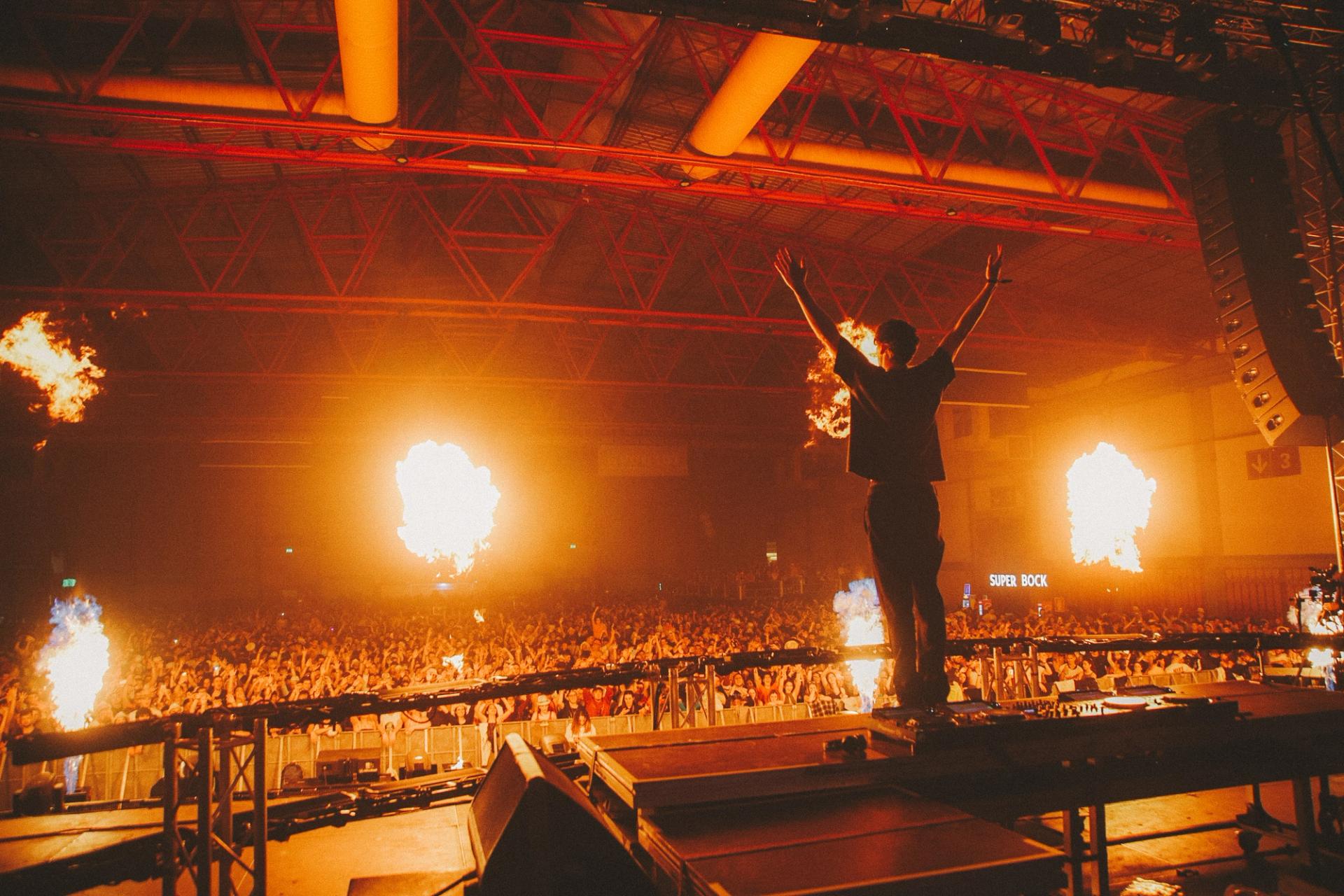
Since then, Maurits hasn’t looked back. His first release under the new alias was an undeniable home run that instantly put him on the radar of every major house and techno artist in the game. But he remains grateful for the breadth of experience that led him to this new chapter, for he might not be here without it.
“A lot of the way I used to do things, I had to rewire it," he says. "But also there’s this power that I have, this way of doing it in my brain that’s different from the way everyone else is doing it. I’ve spent years writing songs, coming up with hooks, I’ve tried pop music, and before that EDM, and it’s all of that together that makes “Drugs Of Amsterdam” work the way it does. Now I feel like the stuff I used to do in big room is also incorporated in the house stuff that I do.”
It takes guts to pursue a music career. It takes even more to risk an established music career to launch a new one under a new project. But as the son of a jazz saxophonist, arranger father, and a jazz singer mother, Maurits always knew his path would lead back to music.
“The house that I grew up in is actually the house that I’m in now, and the whole ground floor is a recording studio," he says. "So from the time I was able to walk I was able to go downstairs and play on the drums, piano, whatever I wanted.” A music lover’s dream.
“It was always in the back of my mind that if I don’t know what I want to be later on in life, I’ll fall back on music," he says. "I’ve never felt like I needed a backup out of music. Music is a risk because there’s no college for it that guarantees you a job. But I feel like if you learn this skill set of producing and you have your all-around tools of trade or skills, you can sell anything. You can produce, you can make music for commercials, you can even do music scores. If you know how to make sounds or arrange them, or if you know how to make a song, you could go on for years.”
Hearing this, it becomes clear we are not just talking to a dance music producer. Maurits Westveen is a purveyor of sound, demonstrating that the only limits that exist within sonic stimulation are the ones we place upon ourselves.
